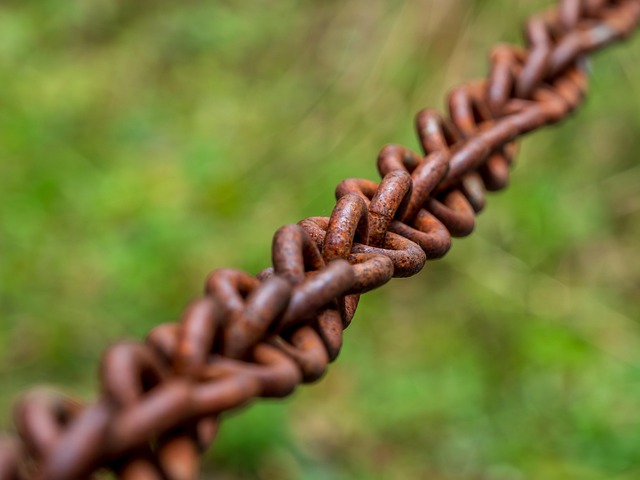In today’s hyper-connected world, the necessity of continuous connection has become both a boon and a bane. While social media platforms like Facebook, Instagram, and Twitter provide us with the ability to stay in touch with friends and family, they also contribute substantially to a growing concern: social media addiction. This addiction is often rooted in our fundamental need to feel connected and validated, which can sometimes spiral into excessive use.
Social media has significantly altered our interaction patterns, enhancing the way we connect. However, this increasing dependency can result in negative impacts on mental health. Studies show that prolonged exposure to social media can lead to anxiety, depression, and even a decline in self-esteem. The constant scrolling and seeking of likes and comments may offer short-term gratification, but it often leaves individuals feeling lonelier and more disconnected in the long run.
The necessity of continuous connection mirrors our inherent desire for community and belonging. While we seek the comfort of online platforms, it’s crucial to recognize when this search becomes unhealthy. The illusion of connection that social media often presents can be misleading; true connection transcends screens. Engaging fully with friends and family in more traditional, face-to-face settings fosters deeper relationships and offers a richer, more fulfilling experience.
It’s essential to strike a balance between the instant gratification of likes and shares and the profound joy of real-world interactions. Addressing social media addiction requires us to cultivate meaningful connections that ground us and provide true support. Instead of merely consuming content online, we should prioritize engaging in activities that encourage genuine connections, be it joining community groups, participating in local events, or simply spending more quality time with loved ones.
Moreover, recognizing the signs of social media addiction is vital. If you find yourself spending more time online at the expense of real-life relationships or feeling anxious when unable to check your accounts, it may be time to reassess your digital habits. Implementing boundaries, such as setting specific time limits for social media use or planning tech-free evenings, can encourage healthier usage patterns and promote reconnection with the physical world.
In an era where the necessity of continuous connection can sometimes feel overwhelming, it is crucial to be mindful of our social media consumption. By fostering authentic relationships beyond the screen and prioritizing physical interactions, we can overcome the challenges posed by social media addiction and nurture a healthier, more connected life.



